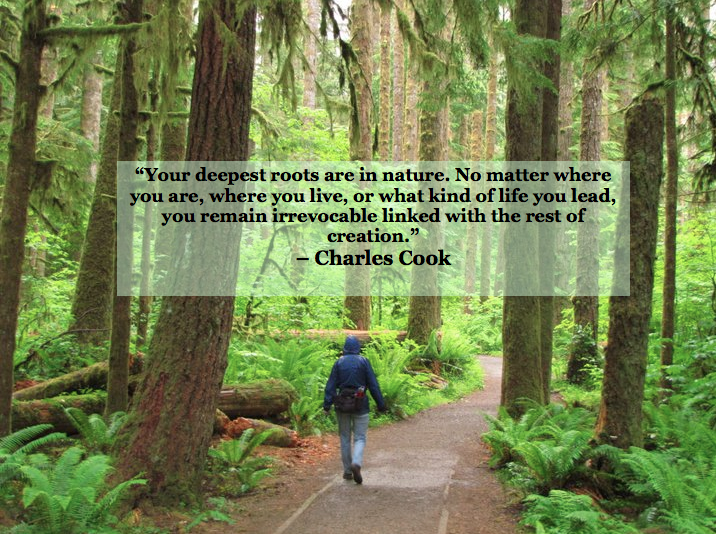
Photo taken in the Pacific Northwest by Geography senior Christine Edgeworth.
What is the Geography of Nature and Society?
Nature-society geographers study the human impacts on environmental systems and vice versa. In other words, they ask questions about the ways in which the physical world has been transformed by human occupation and exploitation, while advancing the idea of environmental justice.
They ask questions like…
- Our current transportation system relies almost exclusively on the burning of fossil fuels, how will we fuel our society when these resources are exhausted?
- Our population is projected to increase from 7 billion to 9 billion people by 2050, how are we going to feed all of these people?
- When I throw out my plastic water bottle, it doesn’t just disappear into thin air. Where does it go and what are the ramifications on the environment?
- Throughout the 1900’s, how did the natural landscape of Central New York enable Syracuse to produce 90% of all of the salt produced in the United States?
In particular, they focus on areas such as resource use and conservation, food systems, sustainable development, natural hazards, and environmental politics.
How do they do this?
One such way that geographers explore this area is through creating and analyzing maps. For example, a few SU Geography seniors concentrating in Nature-Society Geography have mapped a few of the local food systems that help sustain SU’s very own dining halls by using a mapping program called ArcGIS. Here you can trace your meal from the farm to your fork. This is just one of the things that a degree in Geography can help you to do!
Want to learn more?
If these studies interest you, check out a few Nature-Society courses offered here at SU in the Geography Department:
List of Relevant Courses
Visit the SU Course Catalog for more info.
- GEO 103 – Environment and Society
- GEO 171 – Human Geographies
- GEO 215 – Global Environmental Change
- GEO 314 – Hazardous Geographic Environments
- GEO 340 – Geography of Oil
- GEO 353 – Environmental Justice
- GEO 354 – American Environmental History and Geography
- GEO 356 – Environmental Ideas and Policy
- GEO 374 – Environment and Development in the Global South
- GEO 400 – Geographies of Water
- GEO 400 – Urban Environmental History
- GEO 415 – Food: A Critical Geography
- GEO 430 – Energy, History and Society
Plus, faculty will frequently offer Topics Courses (GEO 200, 300, 400, 500) on a topic of their choice that doesn’t fall into one of these common courses.
Potential Careers
- Accredited Land Consultant
- Manager of Sustainability
- Environmental Affairs Specialist
- International Development Specialist
- Sustainable Urban and Regional Planner
- Sustainability Educator
- Environmental Lawyer
- Environmental Economist
- Environmental NGO Manager
- Community Organizer
- Policy Consultant or Researcher
- Lobbyist
